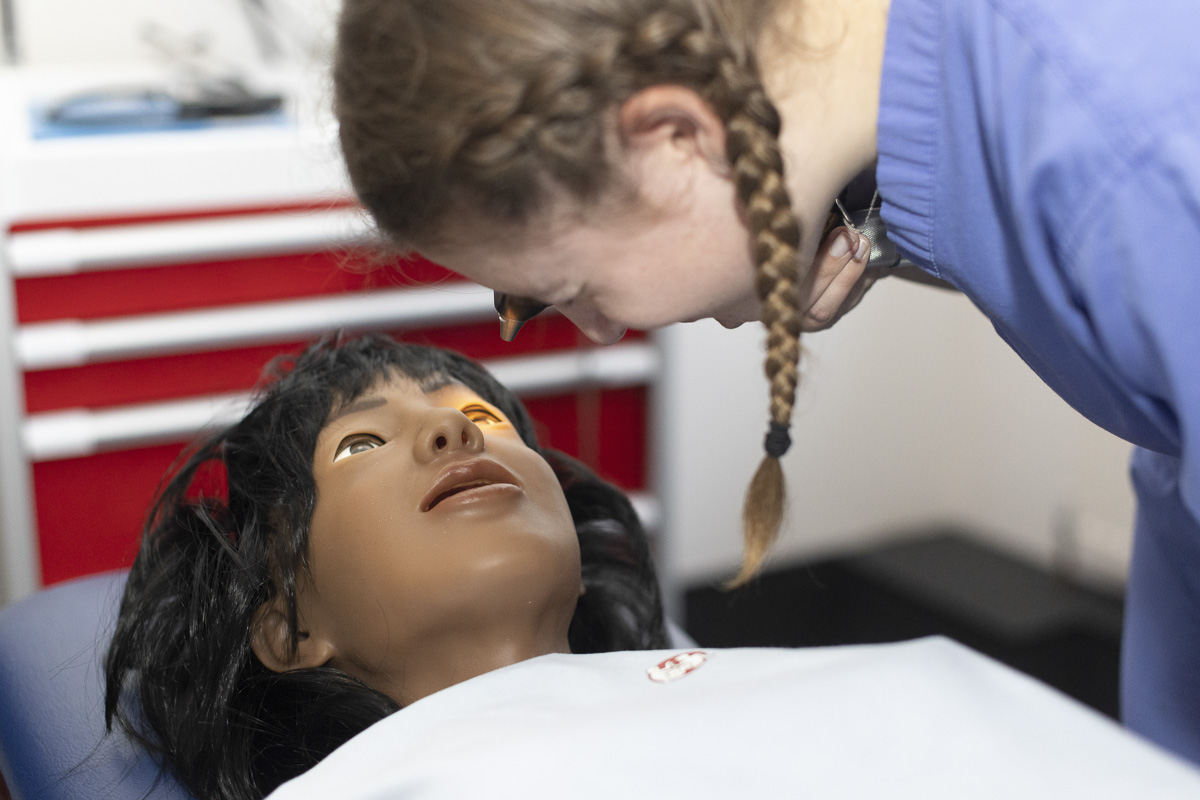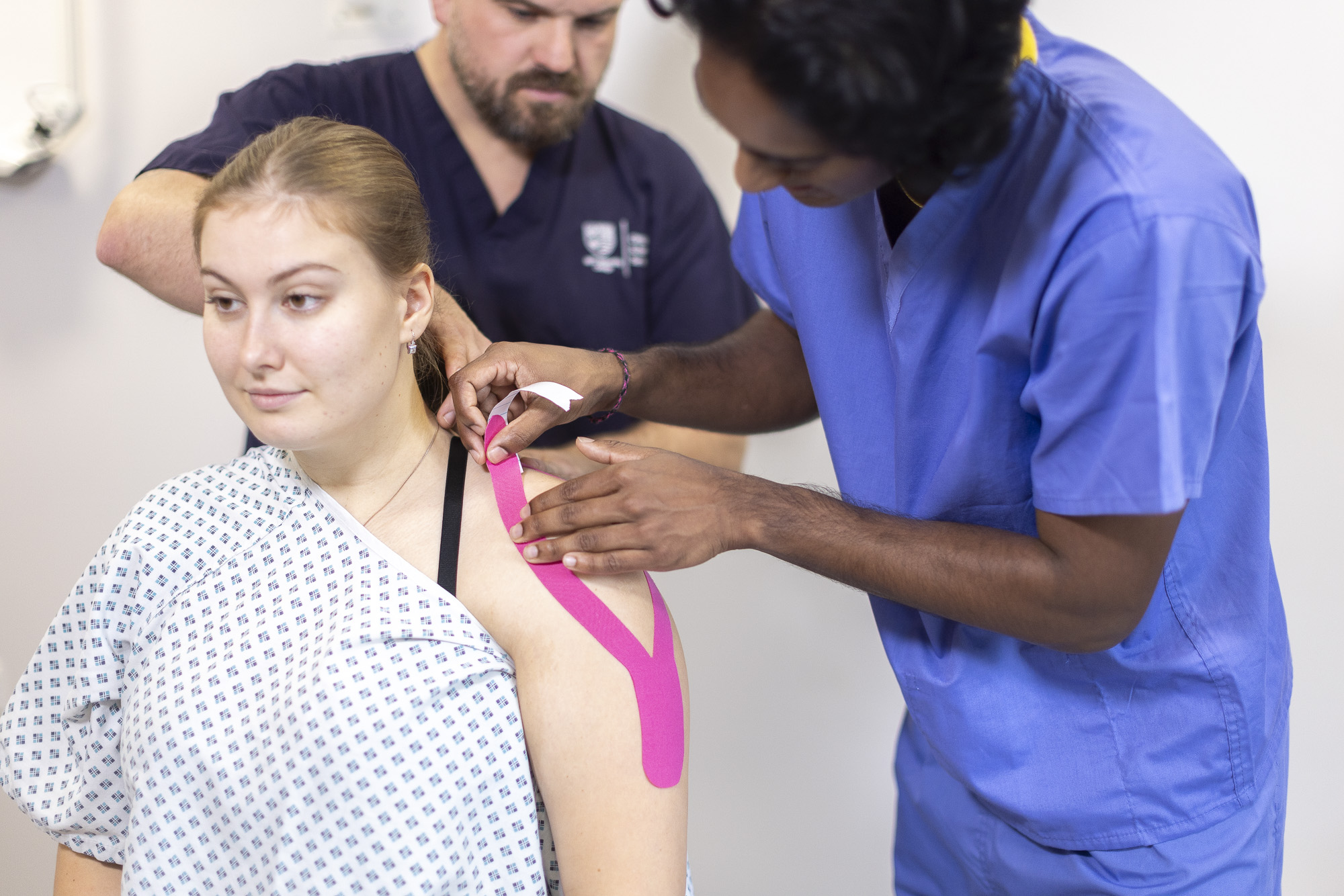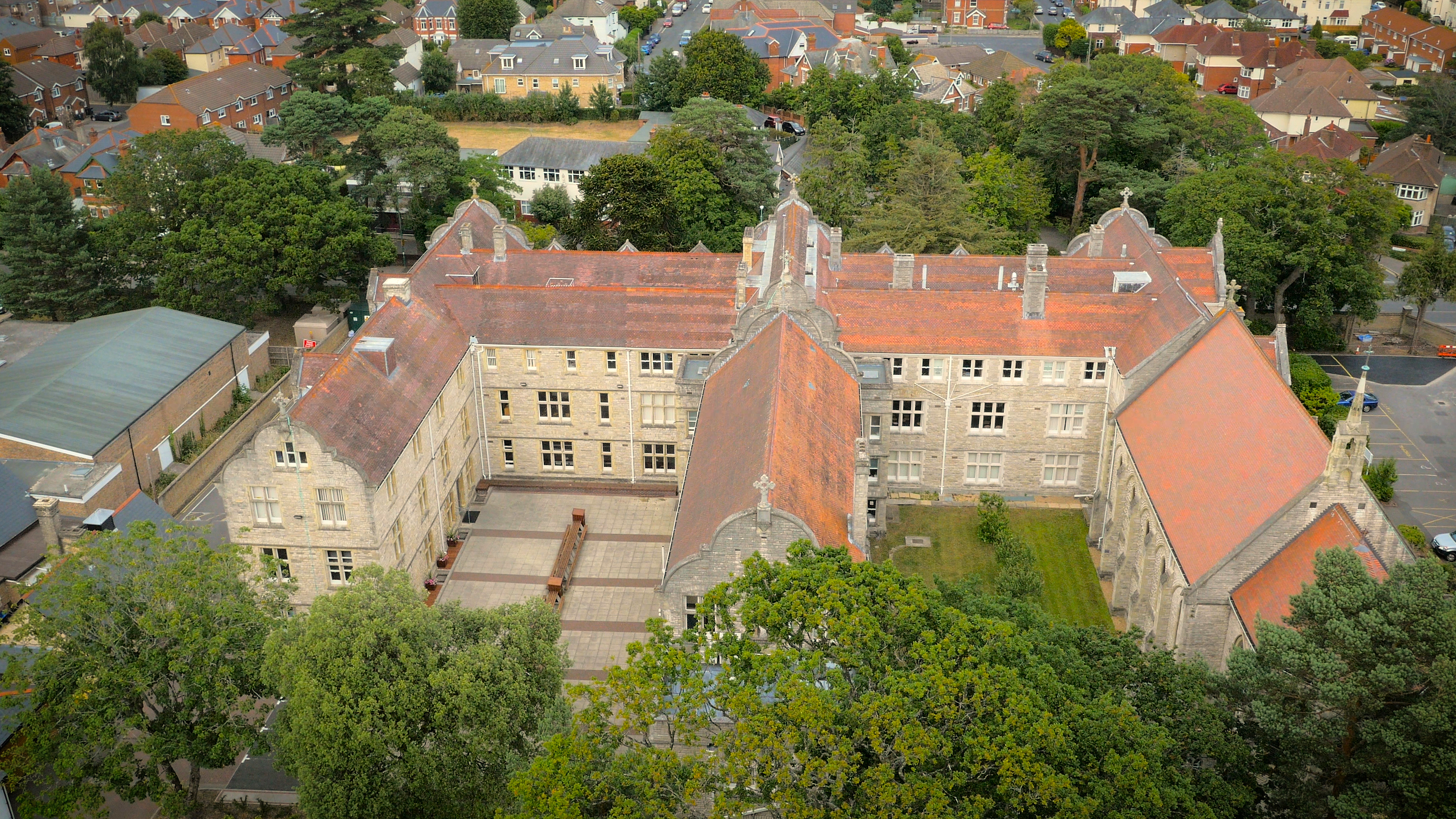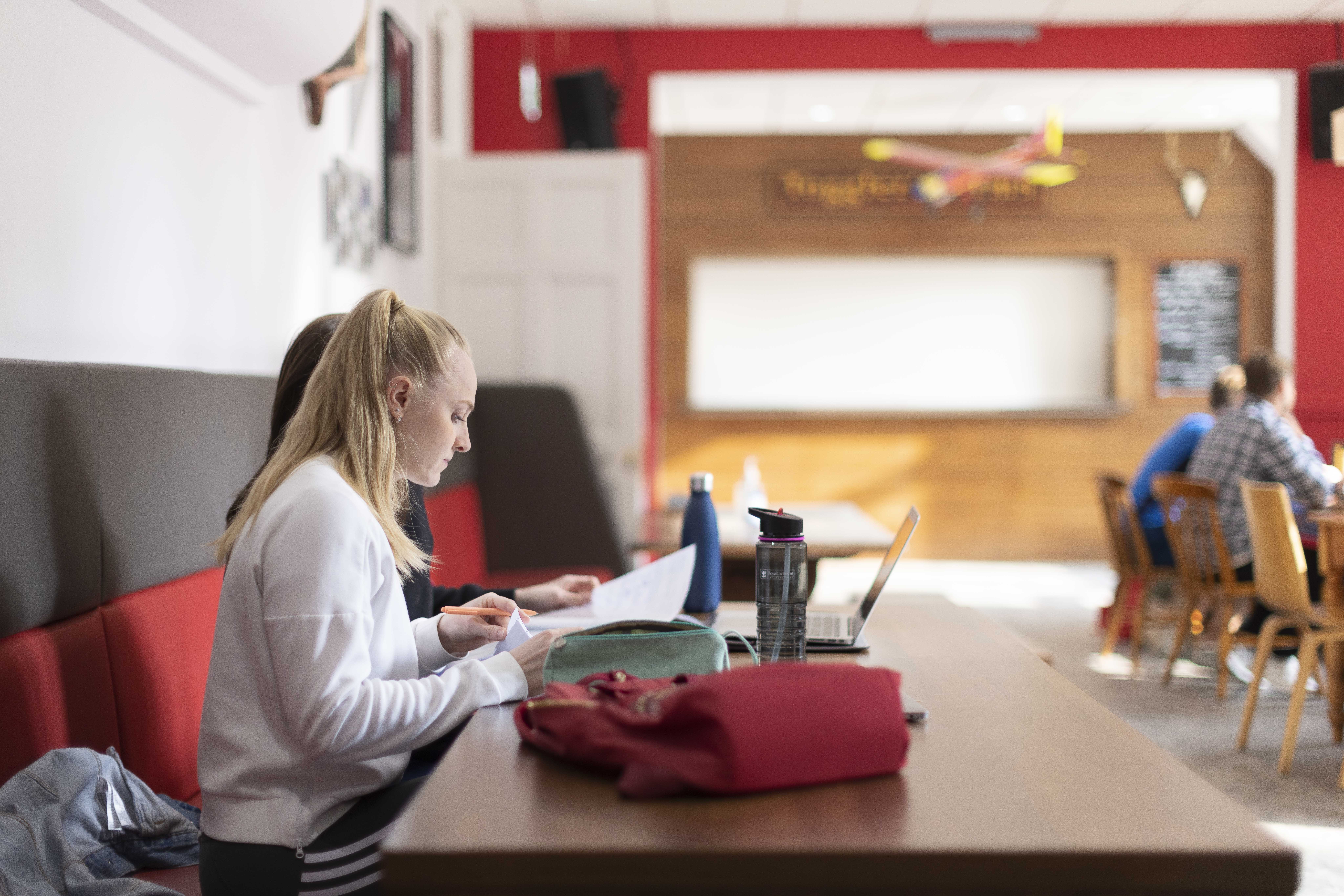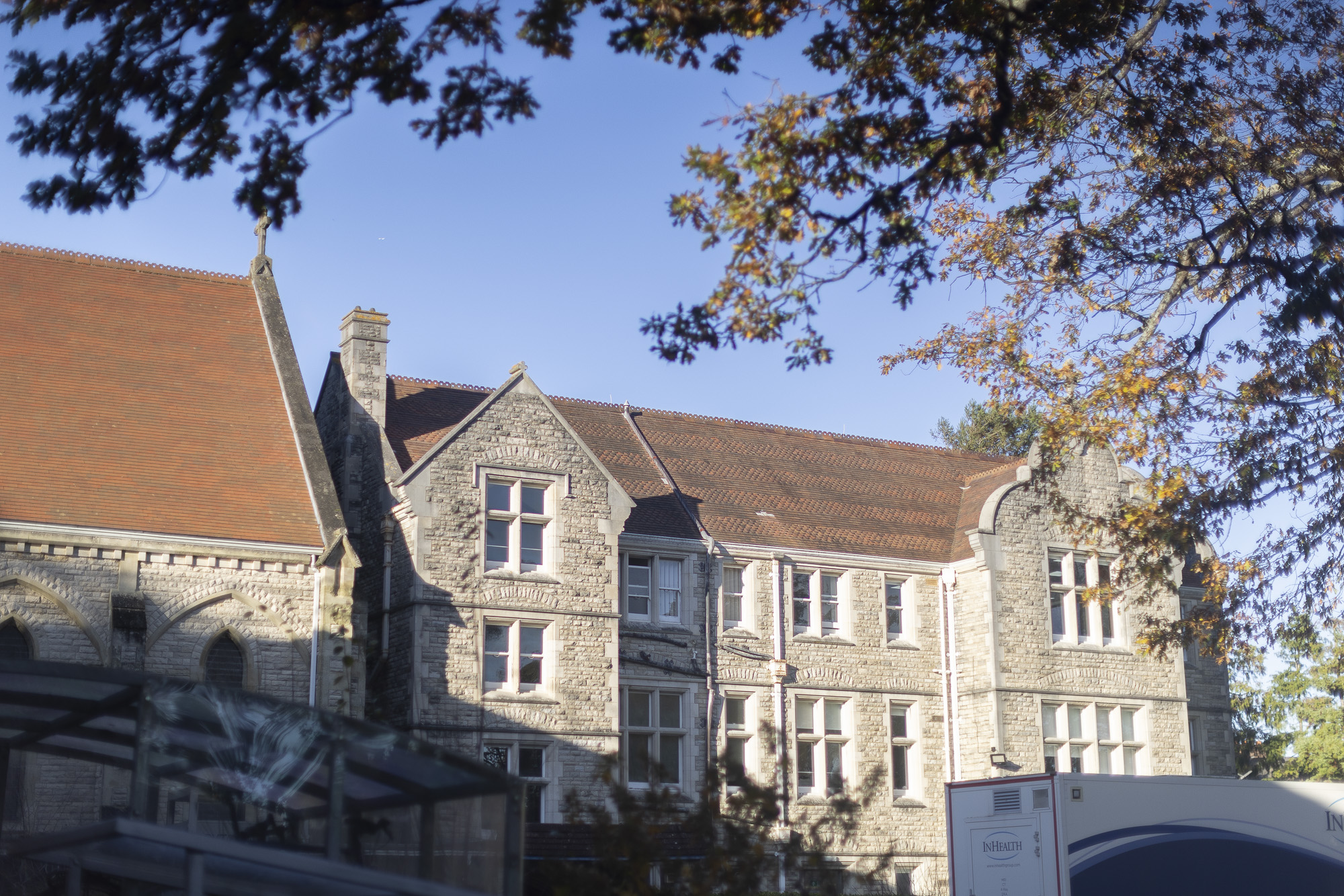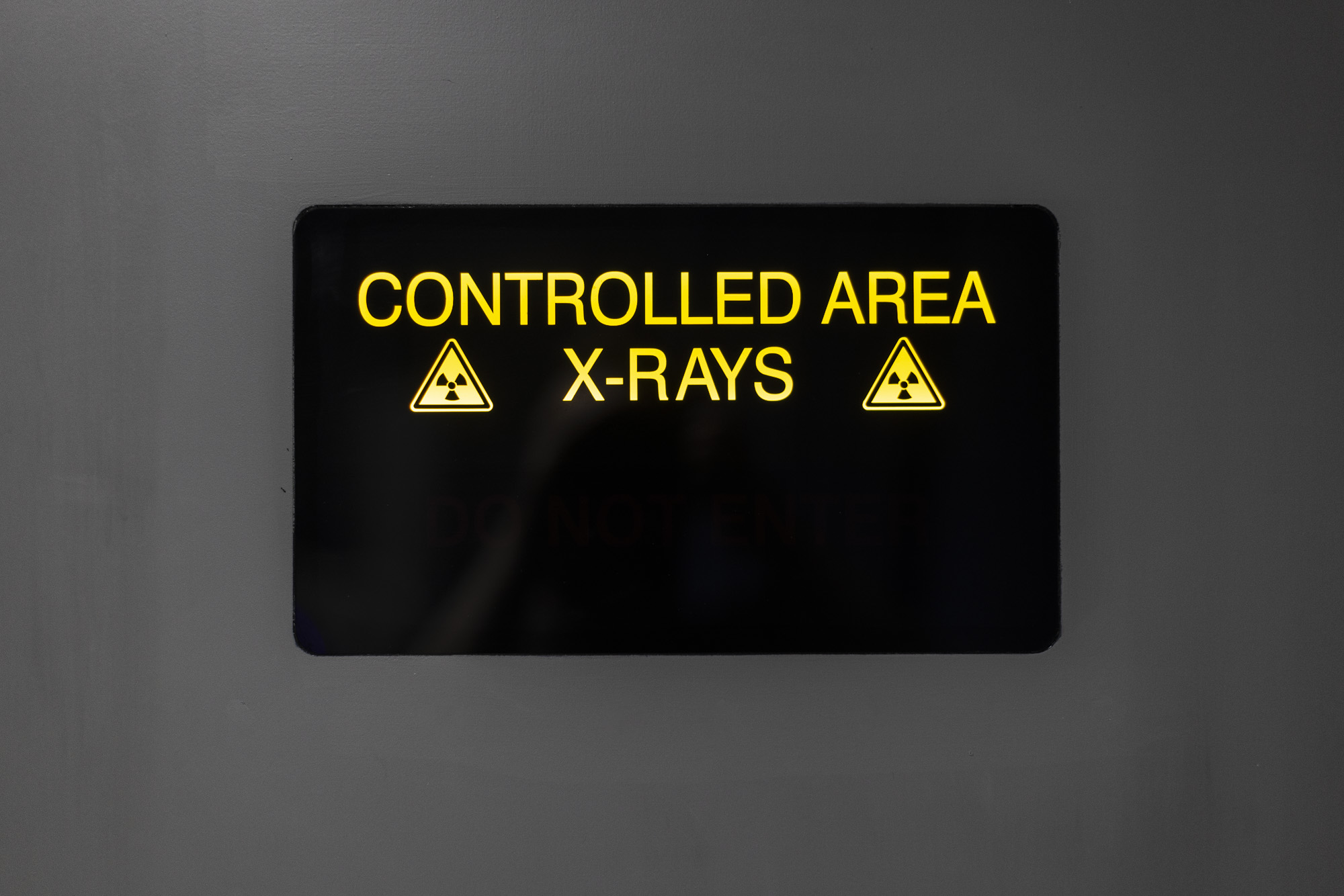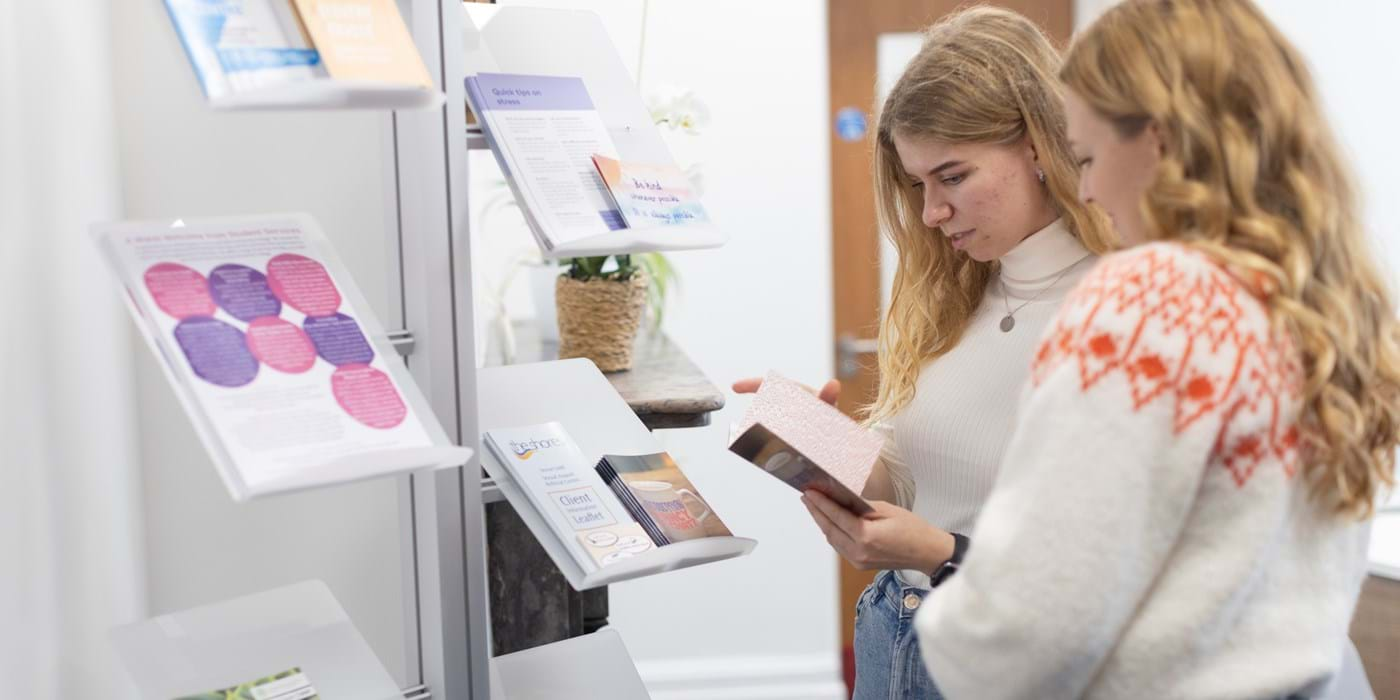Overview
Simulation is becoming more widely established as a tool for a range of health and social care professions for teaching and learning, creating simulated scenarios that mirror the reality of practice. Use of simulation-based education provides opportunities to enable best practice development and to use situations that resemble reality, within a safe environment, to test out the knowledge and skills of students, assessing competence appropriately, safely and effectively.
The unit aims to offer you a platform for exploring and understanding the theoretical elements for applying simulation for learning, teaching and assessment of hands-on practical and technical skills, whilst promoting its use for non-technical skills, such as those focused on communication, human factors and other aspects that are core to health and social care practice, across all relevant professions.
This unit is suitable for a multi-disciplinary cohort of students, with an interest in or involved in educating undergraduate and post-graduate programmes or allied curricula, where simulation is integral or where it would be appropriate for the type of learning and teaching required.
Students working in health and / or social care practice settings can be supported to develop procedural competency through simulation education and training. This unit has been designed using the simulation-based education in healthcare standards framework and guidance (ASPiH / HEE 2016).
Course Details
This unit aims to offer you a platform for exploring and understanding the theoretical elements for applying simulation for learning, teaching and assessment of hands-on practical and technical skills, whilst promoting its use for non-technical skills, such as those focused on communication, human factors and other aspects that are core to health and social care practice, across all relevant professions.
This unit will include a variety of approaches to simulation underpinned by adult learning principles and will include approaches to experiential learning for health and/or social care education; skill acquisition, skill decay and deliberate practice; equality, diversity, inclusivity related to simulation; evidence-base for inclusion of simulation-based education/training in health and social care education.
You will explore and appraise the use of high and low fidelity simulation and the policy context of simulation-based training/education to enable safe, quality practice and personalised approaches to care. With your peers you will experience designing simulation education/training modalities – principles and practice of designing and developing– practical skills development.
You will compare the use of simulated patients, role play, hybrid models, full body manikins, and complex simulated environments. Using debriefing techniques to optimize reflection, enhance learning and provide feedback on performance you will develop skills in Reflective practice, critical appraisal skills, educating others in health and social care simulation
Additional information/course location: Bournemouth
This is a 20 credit award at Level 7.
The unit is delivered by Gary Francis, Head of Practice Related learning. Gary has been designing and delivering simulation based education for many years. He undertook a sabbatical in Australia, exploring techniques and methodologies in the global context. Gary is well known in the simulation field for his innovative and creative approaches to simulation.
Unit Breakdown
How this course is taught 
Prior to and during this unit, you are encouraged to undertake self-directed learning to ensure you are familiar with the types of approaches to education / training currently used in your own practice areas and what facilities, tools are used from a simulation perspective.
You are encouraged to explore gaps in teaching and assessing in the practice setting where use of simulation approaches would be of value. This is likely to involve reviewing what is already available in your own and other areas, discussing with professional colleagues what might be introduced to support learners in practice. Reflective practice is key to the learning for this unit, from an individual and peer perspective.
You are encouraged to articulate your rationale for introducing or maintaining good practice in terms of simulation education / training in your own organisation, discussing and debating with student peers and tutors.
You are expected to integrate the skills and knowledge introduced during the unit into your practice as trainers / educators and to develop as an advocate for learning using a range of simulation techniques and practices for practical and technical skills, as well as human factors, communication and person-centred, holistic care.
Observation of teaching practice using simulation approaches is central to this unit, to ensure the successful implementation of a range of education activities to meet the needs of learners within your practice setting and/or supporting others in developing and/or delivering such approaches.
In this unit, you will have the opportunity to attend lectures, presentations and seminars intended to provide the overall theoretical background for promoting simulation training / education practice and relating this to your own practice. You will participate in group discussions where students explore, share and apply practical skills through healthcare simulation to typical clinical situations.
In addition, you will be encouraged to share training / education experiences with your student peer group, to gain appreciation of the broad application of principles and practice across a variety of simulated situations, through facilitated student-led action learning groups. You will have access to the skills facilities and simulation equipment available at the university, as well as being encouraged to engage with your organisation’s education department, in terms of their own facilities.
Entry Requirements
What qualifications do I need? 
This unit is suitable for healthcare professionals who are working in an education role either in the healthcare or education sector. You should have a passion for the use of simulation in education and be willing to participate in a range of activities within the simulation spaces at HSU.
Still have questions about applying?
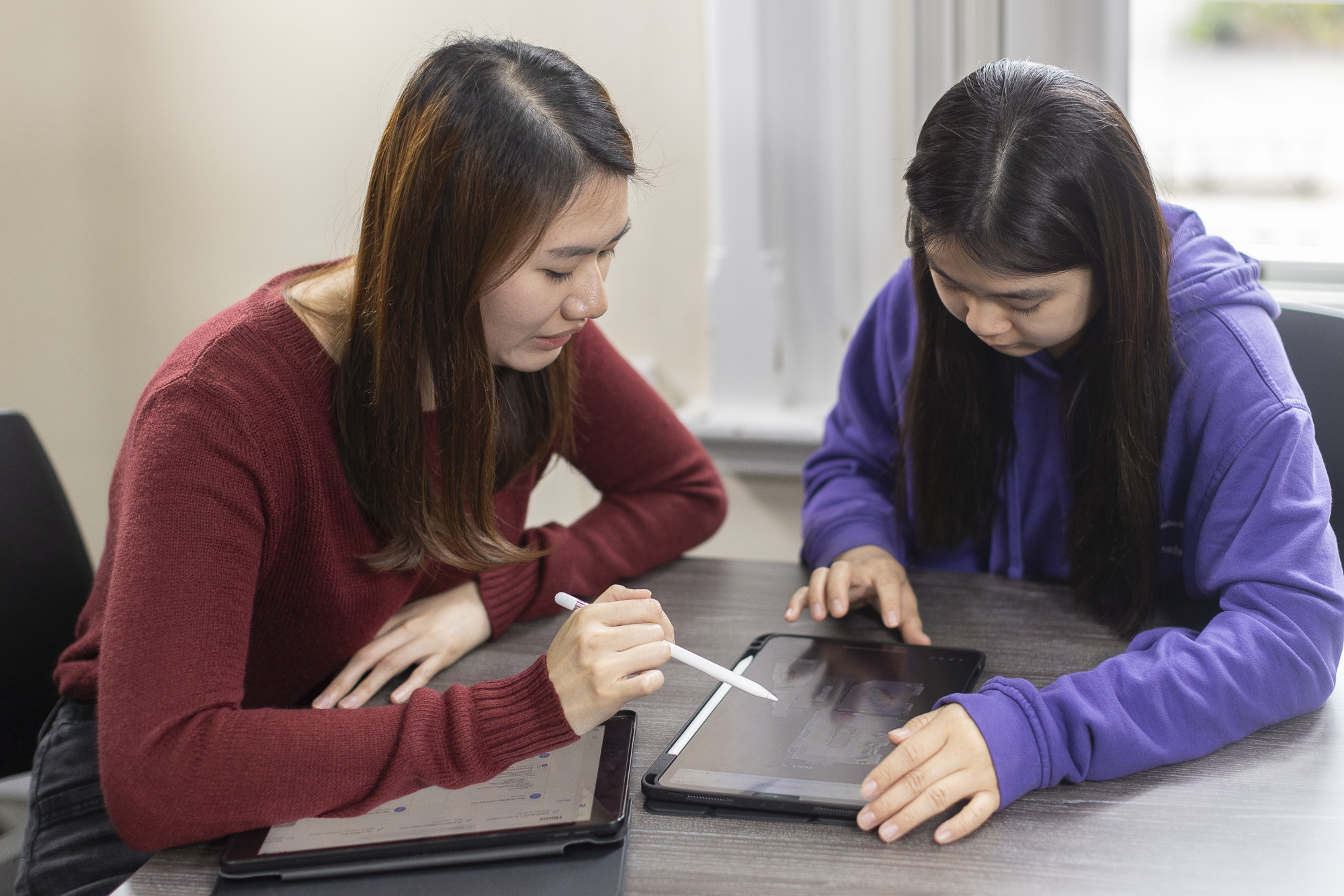
Why choose Health Sciences University
There are many benefits to studying at Health Sciences University, from our expertise and history in teaching health sciences, to our state-of-the-art facilities, on-site clinical training, and of course our location on the beautiful Bournemouth coast.
